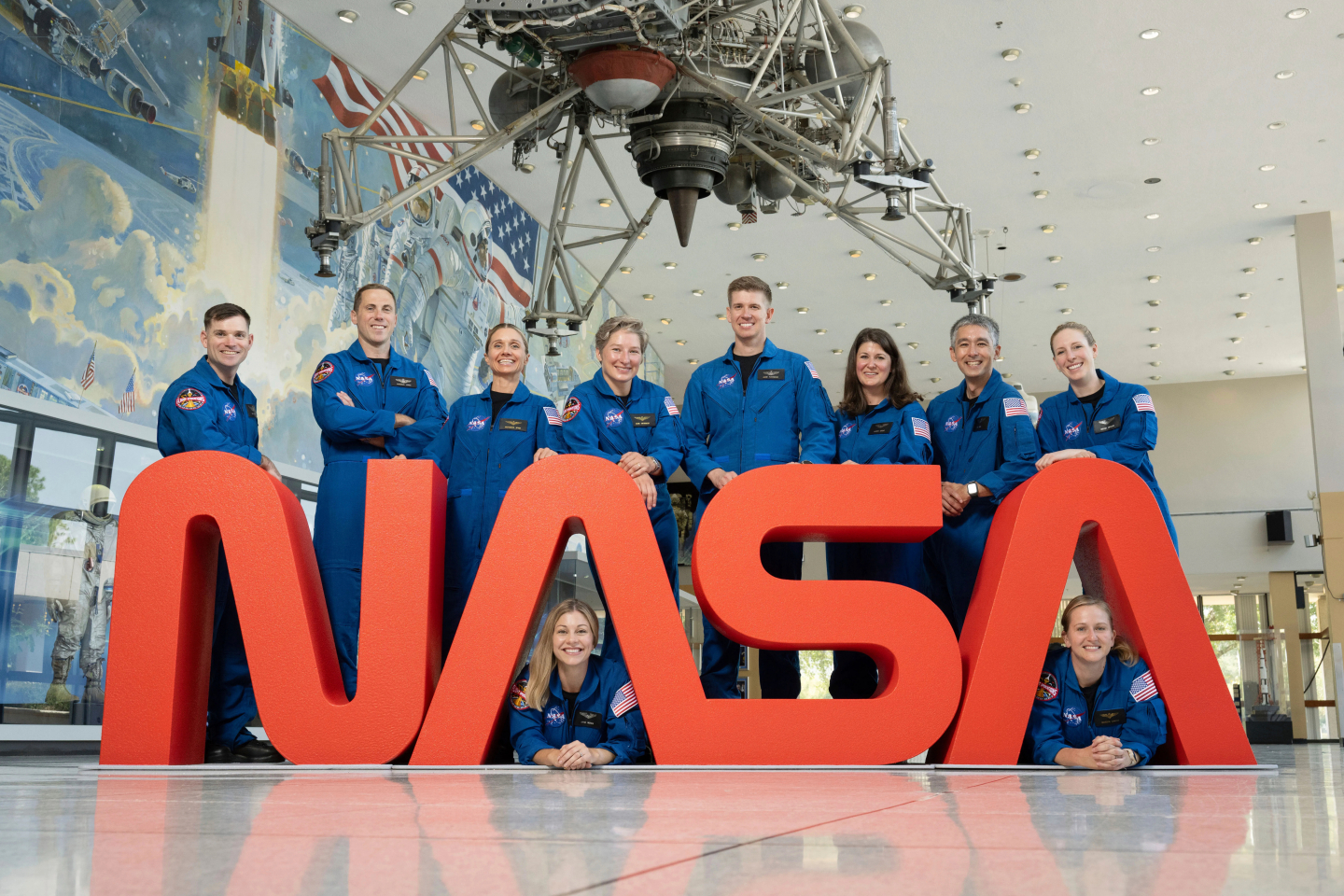Copyright Resilience

Recorded on: Sep 18, 2025 Description Monopolistic business practices have been illegal in the United States for more than a century. Yet, monopoly power continues to accelerate in our modern commercial landscape. Large, powerful corporations edge out smaller businesses, often citing scale, “efficiency”, and lower costs as their reasons for success. But looking more closely reveals a reality that is far different. Small businesses are more cost-effective and deliver better results to the people they serve than giant corporations. Furthermore, they form the backbone of engaged and connected communities. So what is actually preventing small businesses (and communities) from flourishing, and what can individuals do today to build economic power in their communities? In this episode, Nate is joined by economic writer and strategist, Stacy Mitchell, to explore how concentrated economic power shapes the health of towns and cities – from economic resilience to social connectedness. They unpack why big businesses actually deliver poorer, pricier results and more vulnerable supply chains, yet are able squeeze smaller businesses out of the market. Stacy also sheds light on the United States’ long history of breaking up monopolies through antitrust laws, and the policy developments in recent decades that have prevented their enforcement. How do small businesses play an integral role in fostering resilient social capital? Why have we seen an increase in economic consolidation and inequality in the last several decades, and how can we reverse it? Finally, what practical steps can each of us take in our own communities to advance more localized economic systems that better serve people and the planet? About Stacy Mitchell Stacy Mitchell is a writer, strategist, and policy advocate. She is Co-Executive Director of the Institute for Local Self-Reliance, an organization that for five decades has challenged the wisdom of neoliberalism and championed local, community-oriented models. She also serves on the board of the Maine Center for Economic Policy. Additionally, Stacy is the author of Big-Box Swindle: The True Cost of Mega-Retailers and the Fight for America’s Independent Businesses. In 2016, she co-authored Amazon’s Stranglehold, an influential report that took a critical eye to the e-commerce giant. Congress cited her research on Amazon’s monopolization strategy in its investigation of Big Tech’s dominance in 2021 and her work informed the Federal Trade Commission’s antitrust lawsuit against the company in 2023. She has also worked extensively at the local level, helping communities craft policies that support local entrepreneurship and vibrant commercial districts. The TGS team puts together these brief references and show notes for the learning and convenience of our listeners. However, most of the points made in episodes hold more nuance than one link can address, and we encourage you to dig deeper into any of these topics and come to your own informed conclusions. 00:00 – Stacy Mitchell info + works, Institute for Local Self-Reliance (ILSR) ILSR resources: Home Composting 101 Guide, Local Policy Action Toolkit, Antitrust Laws State Map, Community Guide to Broadband Opportunities 03:29 – Institute for Local Self-Reliance 04:11 – Supply chain disruptions during COVID 04:23 – COVID disruptions in the U.S. meat supply 04:33 – Baby formula plant went under, so shortages of baby formula nationwide 04:43 – Akira S. Mori, et al. – Response diversity determines the resilience of ecosystems to environmental change 08:26 – Our economic system is geared for efficiency and profits 08:40 – The Borg (Star Trek reference) 09:38 – Embeddedness of economy in society 11:48 – Christopher Conte – Small Business in U.S. History 11:58 – Stacy Mitchell – The Great Grocery Squeeze 12:41 – Strong local economies foster community cohesion 13:48 – Robert Lustig on TGS 14:58 – Early history of the U.S. Political Economy, Democracy requires decentralizing political and economic power, The Political Economy of Democratic Decentralization 15:18 – What ignited the Boston Tea Party, (More info) 16:21 – Stacy Mitchell – The Rise and Fall of the Word ‘Monopoly’ in American Life 16:30 – New Deal 17:13 – Modern decline of antitrust enforcement, Antitrust laws 17:39 – Robert Bork 18:06 – Robert Bork – The Antitrust Paradox 18:33 – Government subsidy, U.S. government has given hundreds of millions in subsidies to large corporations 24:33 – Tobacco tax, Anti-smoking campaigns 25:10 – Josh Farley on TGS: Roundtable, Episode 7, Episode 29, Episode 185 26:23 – ILSR study – small businesses outperform big companies 26:43 – Independent pharmacies declining 27:08 – North Dakota banned corporations from owning pharmacies 27:53 – Dahlheimer & Mitchell – The Benefits of North Dakota’s Pharmacy Ownership Law 29:08 – Pharmacy benefit managers (PBM) 29:46 – 3 PBMs control over 80 percent of all prescriptions filled in the U.S., including the largest PBM, CVS 30:32 – PBMs under-reimbuse independent pharmacies 32:28 – ~90% of the pharmaceutical ingredients are imported from China and India 32:48 – U.S. has 4.5% of world’s population and 50% of the worldwide pharmaceutical market share 35:23 – Effects of consolidation on the economy 35:28 – Walmart captures 1 out of every 4 dollars Americans spend on groceries 37:52 – In 1980s, nearly half of all economic activity was happening among businesses with less than 100 employees (pg 15), Now down to about 20 percent 38:13 – Walmart and the next 3 biggest chains holds about 60% monopoly on all U.S. food sales 38:20 – The great consolidation of banking in the U.S. 38:48 – 4 U.S. megabanks hold almost half of all banking assets 39:03 – *78% of US beer grocery market is held by 4 firms 39:44 – Market cannibalism 41:43 – Fiscal consolidation impacts income inequality 42:38 – Amazon transformation of warehouse sector, Injury rates significantly higher than other warehouses 43:53 – 1940s-60s: a period of middle class expansion – rising level of high paying (union) jobs and rising levels of small businesses, (More info) 48:43 – Revival of antitrust under Biden 48:54 – Monopolization lawsuit filed against Amazon 49:21 – Amazon didn’t have to collect sales tax for many years 49:33 – Early subsidies given to Amazon 49:53 – Amazon penalizing small marketplace sellers 50:11 – Over the last 10 years Amazon takes a 20% cut to about 50% 51:23 – Many sellers on Amazon are based overseas 52:18 – As Amazon has become more dominant, consumer prices have gone up 52:30 – Amazon search results pages are increasingly ads, Amazon junk ads 53:00 – European countries also struggle with Amazon monopoly to lesser extent, Europe rarely enforces their antitrust laws 54:23 – Amazon avoids significant taxes 56:28 – Americans struggle to afford basic goods 56:41 – Documented lack of innovation in the U.S., Brittle supply chains 59:03 – U.S. broadband monopolization 59:28 – ILSR work building out community-owned broadband networks 59:48 – Benefits of local broadband 1:00:03 – North Dakota internet services 1:00:28 – Railroads contributed to development of early antitrust laws 1:00:48 – History of Standard Oil monopoly 1:03:33 – ILSR grassroots level work 1:05:03 – ILSR state/policy level work 1:06:48 – Zoning laws as tool to limit commercial development and create habitat for local businesses 1:07:23 – States have full authority over antitrust laws 1:07:43 – California, D.C., and Arizona have all filed monopolization lawsuits against Amazon, 17 states signed onto federal case 1:08:08 – Kroger-Albertsons attempted merger 1:08:41 – States are primary actors for policies surrounding electricity system 1:12:48 – ILSR North Tulsa grocery stores success story 1:15:43 – ILSR Tribal broadband bootcamp work 1:22:01 – Nearly 40 million Americans live in places without a grocery store 1:22:38 – History of ‘Food Deserts’ in the U.S. Download transcript Teaser image credit: Author supplied.



